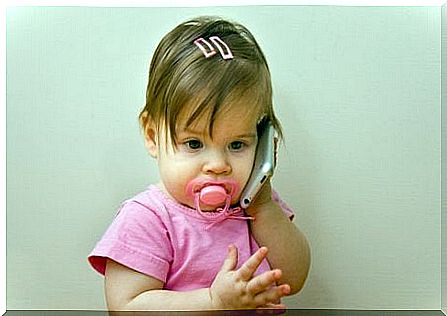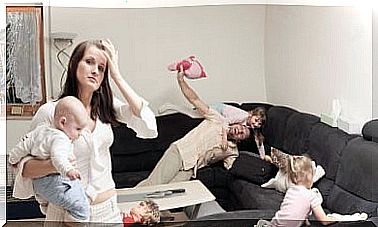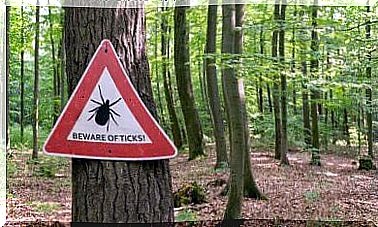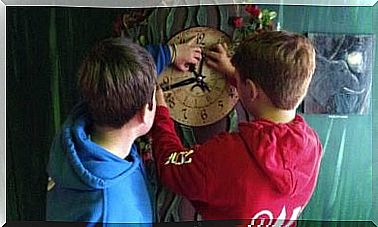Does My Child Suffer From Delayed Language Development?

“My child does not speak yet, or hardly says a word at all and he is almost two.” This is a typical comment among parents. So what should you do if you suspect delayed language development?
It is important to remember that each individual develops each aspect and skill at their own pace and that there does not necessarily have to be any disruption.
Children naturally search for voices with their eyes, babble spontaneously, laugh, etc. These and other signals are indications that they have no speech or hearing difficulties.
Many times the fact that the child does not create sound properly has to do with growing up. In other words, behavior is sometimes the result of laziness.
Even so , that inner voice says, “My child does not speak yet.” It can be really worrying for parents. It is hard to believe that it would only be a whim on the part of the child.
If you are worried about delayed language development – make a diagnosis!
That is why parents often wait quite a long time before hiring a specialist and making a diagnosis.
If your child is already two years old and only articulates a few words or none at all, it is time to visit your pediatrician. He or she will validate your child’s development.
Getting an early diagnosis is extremely important. Many times, a delayed speech development can be a sign of another significant condition.
In any case, parents must follow every step of the process for the language stimulation to be positive for the child: reading stories and conversing constantly throughout the day strengthens communication from an early age. In this way, the children can strengthen their ability to speak.
Suggestions for parents who have children with speech difficulties
Parents must play an active role. If your child has a delayed language development, get involved and make sure to participate in the process to strengthen the ability.
- Children learn languages by listening to others’ speeches around them, learning through imitation. You will always be their best example. Speak slowly and clearly.
- Invest quality time in communication with your children. Talk to your little ones from the moment they are born and while they are growing up. Welcome them to express their own sounds, to participate in communication.
- Do not correct phonetic mistakes. It can have the opposite effect because you put more emphasis on the mistake than what is right.
- Play. For example, teach your child the sounds that animals make. You can imitate different vehicles: cars, trains, motorcycles, ambulances or fire trucks, etc.

Signs that your child has a speech impediment
When is it time to worry if your child is still not articulating words? Pay attention to the following signals:
- If your baby does not use signals such as waving to people at 12 months of age.
- If your son or daughter does not understand words or utter any sounds at 18 months of age.
- If your baby only utters sounds and does not build simple sentences at 24 months of age.
The most common causes of delayed language development
Oral factors
Common factors behind language delays can be problems with the baby’s mouth, tongue or palate. Therefore, you can take the child to a specialist if you experience delays in speech.
Hearing factors
Of course, if children have difficulty hearing, they also have difficulty understanding the language around them. It may be for this reason that they have difficulty with pronunciation.
Oral motor factors
Sometimes it can be a problem in a part of the brain that is responsible for the articulation of language. As a result, there is a lack of coordination between the tongue, lips and jaw, which complicates the utterance of the language.

When should I take my child to a specialist?
It is common for parents not to realize that there is another underlying reason why their children are not talking yet.
Once they understand that their children need professional help to overcome the problem, the path becomes much easier.
In most cases, your pediatrician will identify the underlying cause. Once your doctor has isolated the cause, he or she may recommend a specialist.
The early intervention of a language educator will help your child positively in their language development.
Language therapists are responsible for diagnosis, prevention and treatments related to speech and language. During the treatment, the specialist will perform exercises that will increase your child’s language ability.
He or she will also offer exercises you can do together at home to make the treatment more effective.









